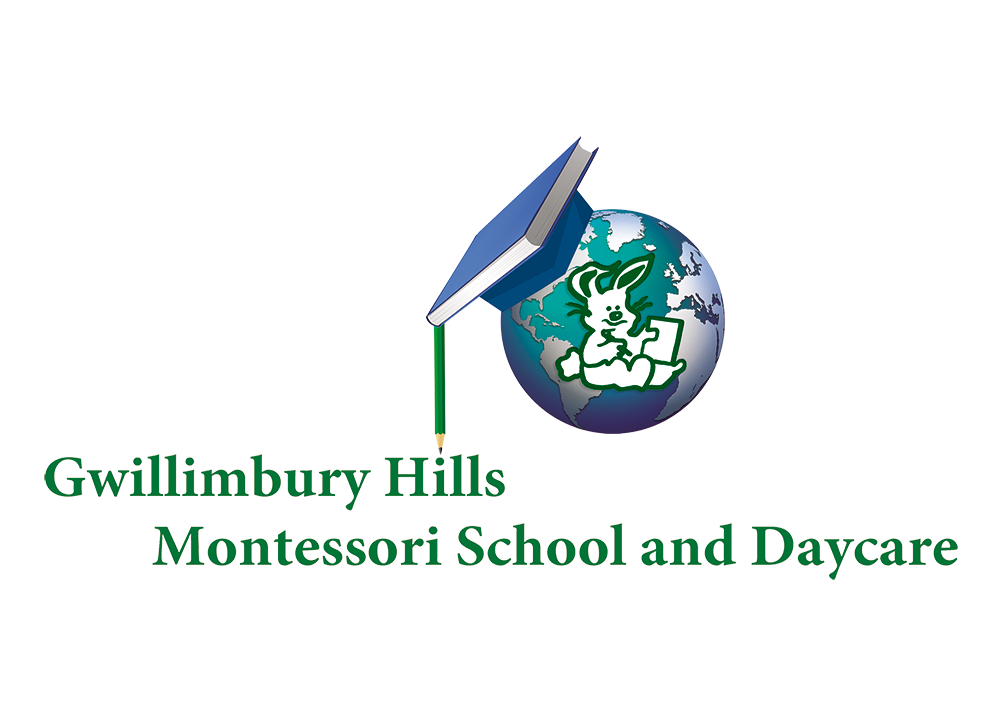What is Montessori?
For more than a century now, the child-focused approach that Dr. Maria Montessori, an Italian physician, developed for educating children has been transforming schools around the globe.
Montessori education is student-led and self-paced but guided, assessed, and enriched by knowledgeable and caring teachers, the leadership of their peers, and a nurturing environment. Within the community of a multi-age classroom—designed to create natural opportunities for independence, citizenship, and accountability—children embrace multi-sensory learning and passionate inquiry.
A Montessori environment focusses more on a student’s learning than on a teacher’s teaching. Specially trained Montessori teachers guide, coach and facilitate each child’s learning through continuous observation and assessment. Individual students follow their own curiosity at their own pace, taking the time they need to fully understand each concept and meet individualized learning goals. Given the freedom and support to question, probe deeply, and make connections, Montessori students grow up to be confident, enthusiastic, and self-directed learners and citizens, accountable to both themselves and their community. They think critically, work collaboratively, and act boldly and with integrity. What better outcome could you wish for your children?
Montessori Casa Curriculum
The Early Childhood classroom offers your child 5 areas of study: Practical Life, Sensorial, Math, Language, and Cultural Studies. What are the lessons in these areas?
Practical Life: Children learn daily-life skills from activities and materials modeled from real-life experiences, such as how to get dressed, prepare snacks, set the table, care for plants and washing activities. They also learn appropriate social interactions, such as saying please and thank-you, being kind and helpful, listening without interrupting, and resolving conflicts peacefully. In addition to teaching specific skills, Practical Life activities promote independence, fine- and gross-motor skills, eye-hand coordination and concentration.
Sensorial: Children refine skills in perceiving the world through their different senses (Visual Sense, Auditory Sense, Gustatory Sense, Stereognostic Sense, Tactile Sense, Olfactory Sense and Chromatic Sense) and learn how to describe and name their experiences—for example, rough and smooth, perceived through touch. Sensorial learning helps children classify their surroundings and create order. It lays the foundation for learning by developing the ability to classify, sort, and discriminate—skills necessary in math, algebra, geometry, and language.
Math: Through hands-on activities, children learn to identify numerals and match them to their quantity, understand place-value and the base-10 system, and practice addition, subtraction, multiplication, and division. They also explore patterns in the numbering system. With an exploratory approach, children do more than just memorize math facts; they gain a firm understanding of the meaning behind them.
Language: Activities throughout the Early Childhood classroom teach language, help children acquire vocabulary, and develop skills needed for writing and reading. The ability to write, a precursor to reading, is taught first. Using hands-on materials, children learn letter sounds, how to combine sounds to make words, how to build sentences, and how to use different parts of speech (noun, article, verb, adverb, adjective, conjunction, interjections, pronoun and preposition) in their sentences. Once these skills are acquired, children spontaneously learn to write and read.
Cultural Studies: A wide range of subjects, including history, geography, science, art, and music, are integrated in lessons in the cultural area of the curriculum. Children learn about their own community and the world around them. Discovering similarities and differences among people and places helps them develop an understanding and appreciation of the diversity of our world, and a respect for all living things.
Montessori Learning Materials
Montessori materials are not only beautiful and inviting, but ingenious. They teach only 1 skill at a time to allow the child to work independently and master the intended concept. The materials are also “self-correcting.” This means the child can identify if they have done an activity accurately and try again without intervention from a teacher. For example, if a large block is stacked atop a tower of shorter blocks, the tower will fall. Working with self-correcting materials helps children develop confidence and self-sufficiency and promotes critical thinking. In a sense, they become their own teachers—a skill that will last for life.
